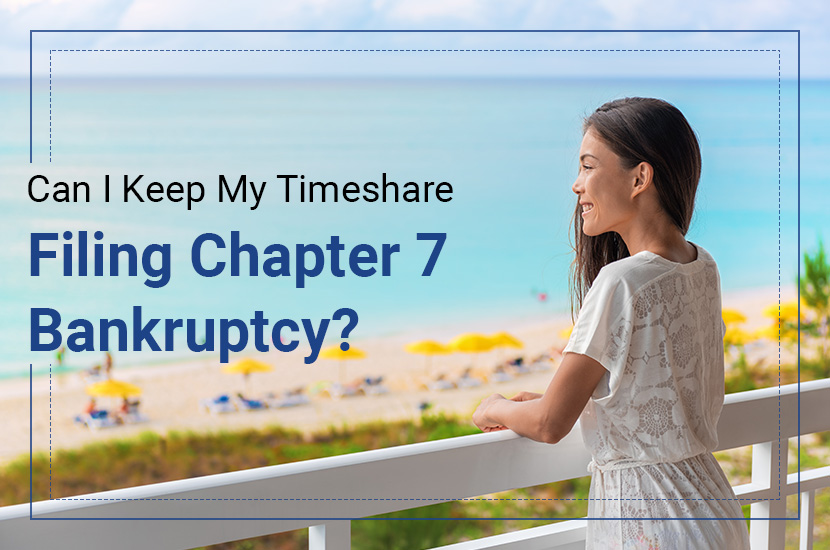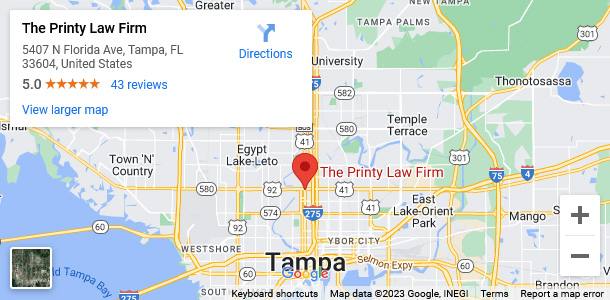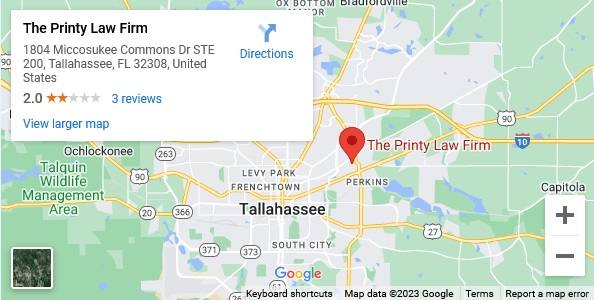You may be in a position where you need to file a Chapter 7 bankruptcy but you own a timeshare. So, you may be concerned about being able to keep the timeshare or having to give it up when you choose to file. This blog post discusses the treatment of various types of timeshares when you file a Chapter 7 and ways in which you can keep your timeshare after filing.
Chapter 7 Bankruptcy Basics
When filing a Chapter 7 bankruptcy, the debtor asks the court to discharge her debts. Most Chapter 7 bankruptcy cases are “no asset” cases, which means that the debtor’s assets are completely protected during the bankruptcy process. Sometimes, a debtor can own assets that are not protected during the bankruptcy process. This means the debtor may be required to either surrender such assets or pay to keep them. If the debtor chooses to surrender the assets, a bankruptcy trustee assigned to the debtor’s case will sell the assets, and use the proceeds to repay the debtor’s creditors. While this is a basic explanation of a Chapter 7, a basic case can get more complicated. Fortunately, the Printy Law Firm can answer all your questions and assist you with filing a Chapter 7 in case you need it.
Treatment of Timeshares in a Chapter 7 Bankruptcy
In a Chapter 7 bankruptcy, a timeshare is considered a luxury item. This means that a debtor’s timeshare will not be protected during the bankruptcy process, unless the debtor chooses to pay on the timeshare debt or a certain type of exemption exists to protect it. The treatment of a timeshare in a Chapter 7 bankruptcy will also largely depend on the type of timeshare owned by the debtor. There are three types of timeshares:
1) Deeded Fractional Interest Timeshare
A debtor’s deeded fractional ownership of a timeshare property is usually the same as owning any other real property that is not the debtor’s primary home. This type of ownership allows the debtor to obtain an ownership interest in the timeshare property for a specific week. If the debtor’s fractional interest timeshare is a non-exempt asset, a bankruptcy trustee can sell the timeshare and use the proceeds to repay the debtor’s creditors.
2) Right to Use Timeshare
A right to use ownership arrangement allows a debtor to buy rights to use the timeshare property during a specific week for a period of years. This arrangement is structured like a lease agreement, which means that the debtor does not have an actual ownership interest in the timeshare property. So, a bankruptcy trustee has the ability to take over the lease or terminate it.
3) Points Based Timeshare
A points-based system is similar to a right to use ownership arrangement. This system allows the filer to buy points which can then be traded in to use a timeshare property. This arrangement is structured like a lease agreement, which means that the filer does not have an actual ownership interest in the timeshare property. These points are treated as personal property, which means that if they are non-exempt, a bankruptcy trustee can sell the debtor’s points and use the proceeds to repay the debtor’s creditors.
Two Main Ways to Protect a Timeshare During a Chapter 7
1) Reaffirming Timeshare Debt
If the debtor wants to keep her timeshare, she can reaffirm the debt. Essentially, the debtor agrees that she will still be liable for the debt even after she gets the bankruptcy discharge. In exchange, the debtor will keep the property securing the debt. However, if the debtor later defaults on the timeshare debt, the debtor could lose her timeshare and could also be liable for any deficiency.
2) Wildcard Exemption to Protect Timeshare
The Florida Constitution allows debtors to claim up to an additional $4,000 wildcard personal property exemption if she does not own a home in Florida. This exemption may be used to protect a debtor’s equity in a timeshare, thereby protecting it from liquidation.
However, if the debtor does not pursue either option, then the bankruptcy trustee can sell the debtor’s timeshare property and distribute the proceeds to her creditors.
In Florida, the total cost of filing a Chapter 7 bankruptcy largely depends on your individual circumstances. To better navigate bankruptcies involving timeshares, please do not hesitate to contact the Printy Law Firm online or call (813) 434-0649 for a free consultation.





